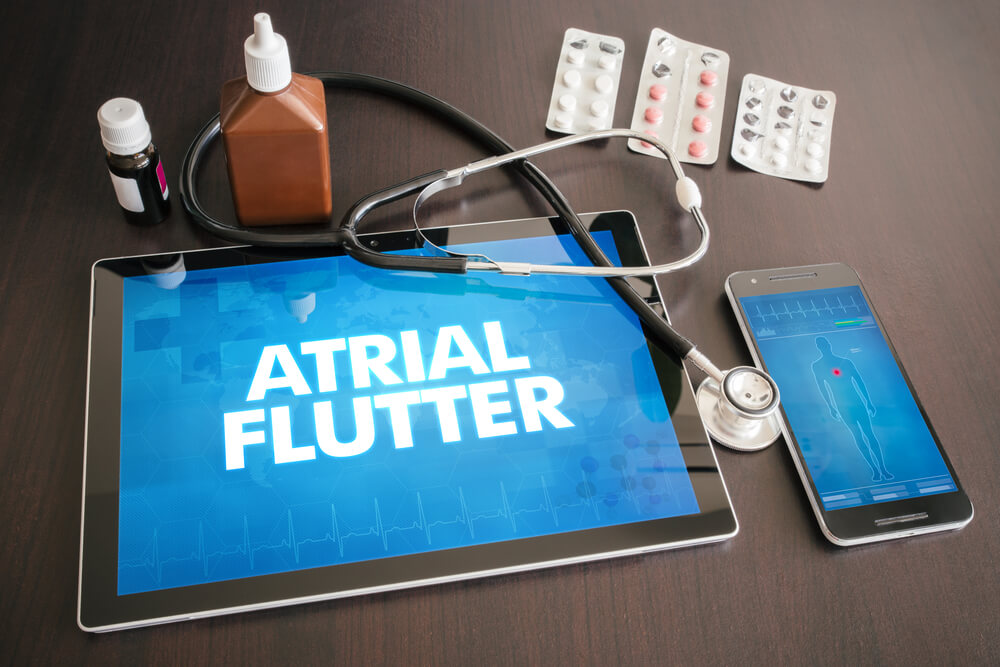Atrial flutter is a kind of arrhythmia or unusual heart rhythm that occurs when the atria are beating rapidly, causing the ventricles to do the same. The condition hinders the heart from functioning normally all over the body. If this condition prolongs and is not treated earlier, there is a possibility that it can harm the heart muscle. Furthermore, it may develop into other health conditions like blood clots and stroke.
Moreover, this condition is somehow similar to atrial fibrillation. However, they differ in the heart’s rhythm―the atrial flutter has a regular heartbeat, and atrial fibrillation has an irregular heartbeat as its common symptoms.


